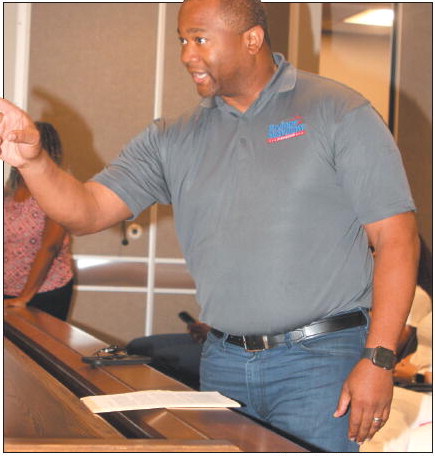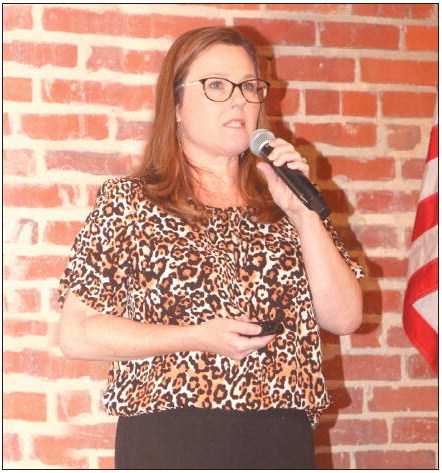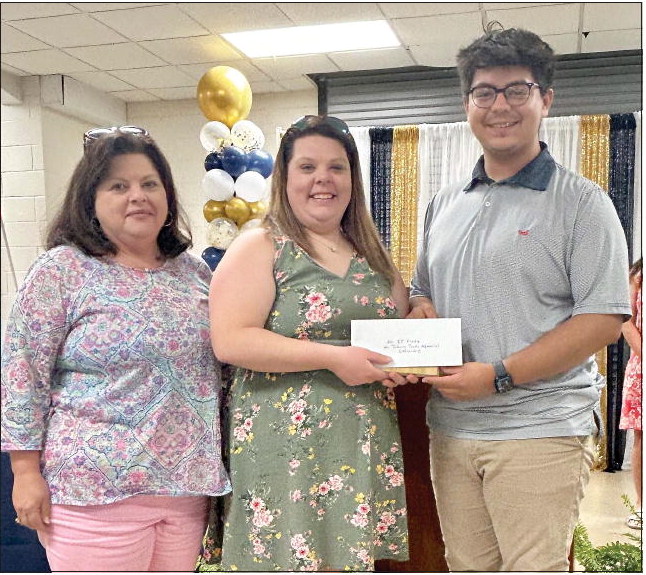2022 Session: Week Two Update
On January 18, my colleagues and I returned to the State Capitol for the annual “budget week.” The General Assembly is required by the state’s Constitution to pass a balanced budget, and the House and Senate typically devote the second week of the legislative session to this process. During budget week, the House and Senate Appropriations committees, chaired by our own Senator Blake Tillery and Representative Terry England, held a series of budget hearings where we listened to almost thirty officials including Governor Kemp and heads of state agencies. Each of the speakers provided valuable insight into the vast budgetary needs of our state government. Considering the size of Georgia’s budget and that it is the people’s money, I take this process very seriously and made attending these hearings a priority.
In the coming weeks, the House will first consider legislation for the Amended Fiscal Year 2022 budget, which will adjust the state’s current budget based on revenue changes. As a result of some of the difficult spending decisions that were made over the last two years, Governor Kemp and the state economist reported that revenue projections have exceeded expectations since the original Fiscal Year 2022 budget was passed. Next, we will consider the Fiscal Year 2023 budget, which will go into effect this summer on July 1. The FY 2023 budget is set at a revenue estimate of $30.2 billion, approximately $3 billion more than the FY 2022 budget.
A few of the highlights of Governor Kemp’s proposed budgets include: Refund $1.6 billion to Georgia tax payers. Due to Georgia’s positive business climate, the state has accumulated an undesignated surplus. Single tax filers would receive a $250 refund, and those who file jointly would receive a $500 refund once 2021 tax returns are processed by the state.
Education spending remains a top priority for the Governor. He asks that the legislature complete his initial request of providing a $5,000 pay raise to our public school teachers, assistant teachers, and prek teachers, which was begun in 2019.
To ensure our schools have the neces sary resources to provide quality education, the proposal restores $388 million in both fiscal years to eliminate the austerity cuts that were made at the start of the pandemic.
e cost of a college education con tinues to rise. Therefore, the FY 2023 budget proposal allocates funds to increase the HOPE scholarship to cover at least 90% of tuition at the state’s public colleges and universities. This is an increase of almost 10% over what is currently covered.
A proposed increase in funding will enable the Technical College System of Georgia to expand its important health care, manufacturing, and commercial truck driving (CDL) programs without raising tuition.
A combined $33.5 million is pro posed to fund the state’s mental health crisis networks and services that benefit individuals with behavioral and developmental disabilities.
Because our aging correctional in frastructure was not intended to house the number of offenders that are currently in our prisons, Governor Kemp recommends a total of $600 million to purchase a newer prison facility and build a 3,000-bed facility to house medium and high-security prisoners. This would enable the state to close four of its older facilities, creating a safer environment for both correctional officers and inmates.
Like Georgia's private sector, the state faced worker shortages and high turnover rates in 2021. To attract and keep the best personnel, the governor recommends a $5,000 pay increase for all full-time, benefit eligible state employees starting this fiscal year. This would be the first cost-of-living adjustment for state workers in over a decade.
Now that the joint budget hearings have ended, the House Appropriations subcommittees will begin to meet separately to review specific parts of the budget and look more closely at the state agencies’ fiscal needs. Since the Georgia Constitution requires budget bills to originate in the House, each House Appropriations subcommittee will pass their respective portions of the budgets, which will collectively result in two complete budget bills. After the budget bills make their way through the House, they will be transmitted to our counterparts in the Senate, where they will undergo the same process. As the proposals are scrutinized, there will likely be changes to the Governor’s original budgets, and I will keep you updated as these bills are finalized.
While the focus of the House of Representatives over the next few weeks will be the budget process, House committees will also begin to meet more frequently to consider legislation that best serves you, our community, and our state. As your voice at the Capitol, I always appreciate hearing directly from my constituents back home, especially about issues or policies that could impact our counties. Please contact me at my direct email: Leesa.Hagan@house. ga.gov. As always, thank you for allowing me to serve as your State Representative.
By Leesa Hagan R-Vidalia (District 156, Georgia House of Representatives)






